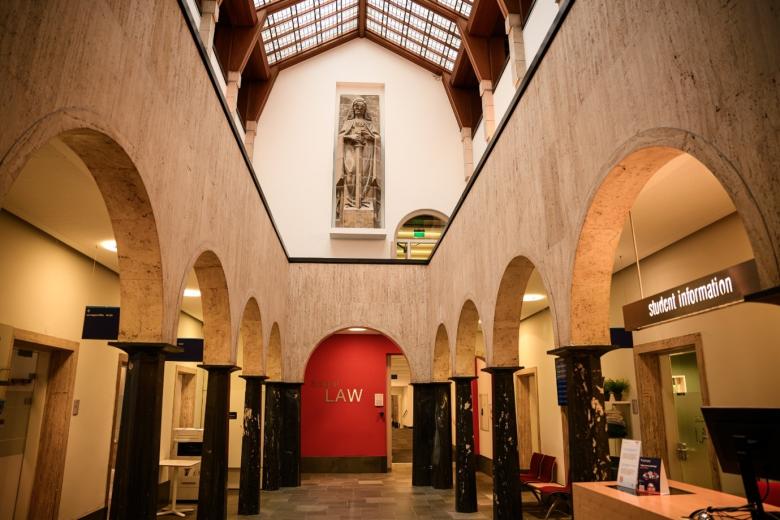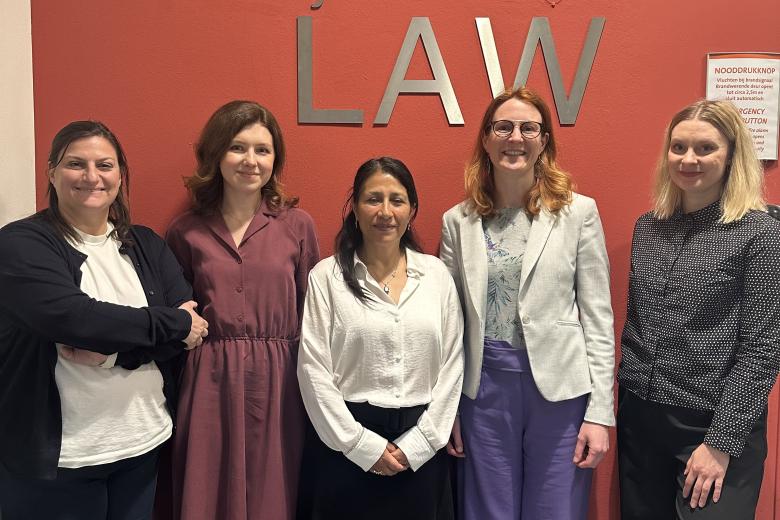Between Flexibility and Disintegration - The Trajectory of Differentiation in EU Law
New publication, edited by Bruno de Witte, Andrea Ott and Ellen Vos
Differentiation was at first not perceived as a threat to the European project, but rather as a tool to promote further integration. Today, more EU policies than ever are marked by concentric circles of integration and a lack of uniform application. As the EU faces increasingly existential challenges, this timely book considers whether the proliferation of mechanisms of flexibility has contributed to this newly fragile state or whether, to the contrary, differentiation has been fundamental to integration despite the heterogeneity of national interests and priorities.
Written by emerging and established experts in the field, the chapters examine the present and future of differentiation in EU law. Part I covers general institutional aspects, with contributors examining the nature and characteristics of the various institutional and extra-institutional forms of differentiation. Part II takes a policy-oriented perspective, focussing on areas of EU law and policy in which differentiated integration is prevalent or particularly intriguing. This includes Economic and Monetary Union, the internal market, justice and home affairs, and foreign policy.
Differentiated integration is now a defining feature of the EU polity, with the potential to impact almost every facet of EU regulation. This book will be essential reading for students and academics in EU law or anyone interested in the future of EU integration.
More information
Also read
-
Maastricht Montesquieu Institute (MMI) to be discontinued as of 1 September 2025
MMI to be discontinued as of 1 September 2025; research continues elsewhere.

-
Globalisation & Law Network with Christine Frison and Adriana Moreno Cely
On 15 May 2025, the Globalisation & Law Network held a seminar featuring Prof.dr. Christine Frison and Dr Adriana Moreno Cely (University of Liège), who presented their forthcoming article ‘Navigating Chaos: Decolonial and Feminist Methodologies in International Biodiversity Law’ (co-authored with...

-
We are hiring, come work with us! the Faculty of Law is looking for an Assistant Professor in EU law
The Department of European Law of the Faculty of Law of Maastricht University is looking for an Assistant Professor in EU Law, starting 1 September 2025.
